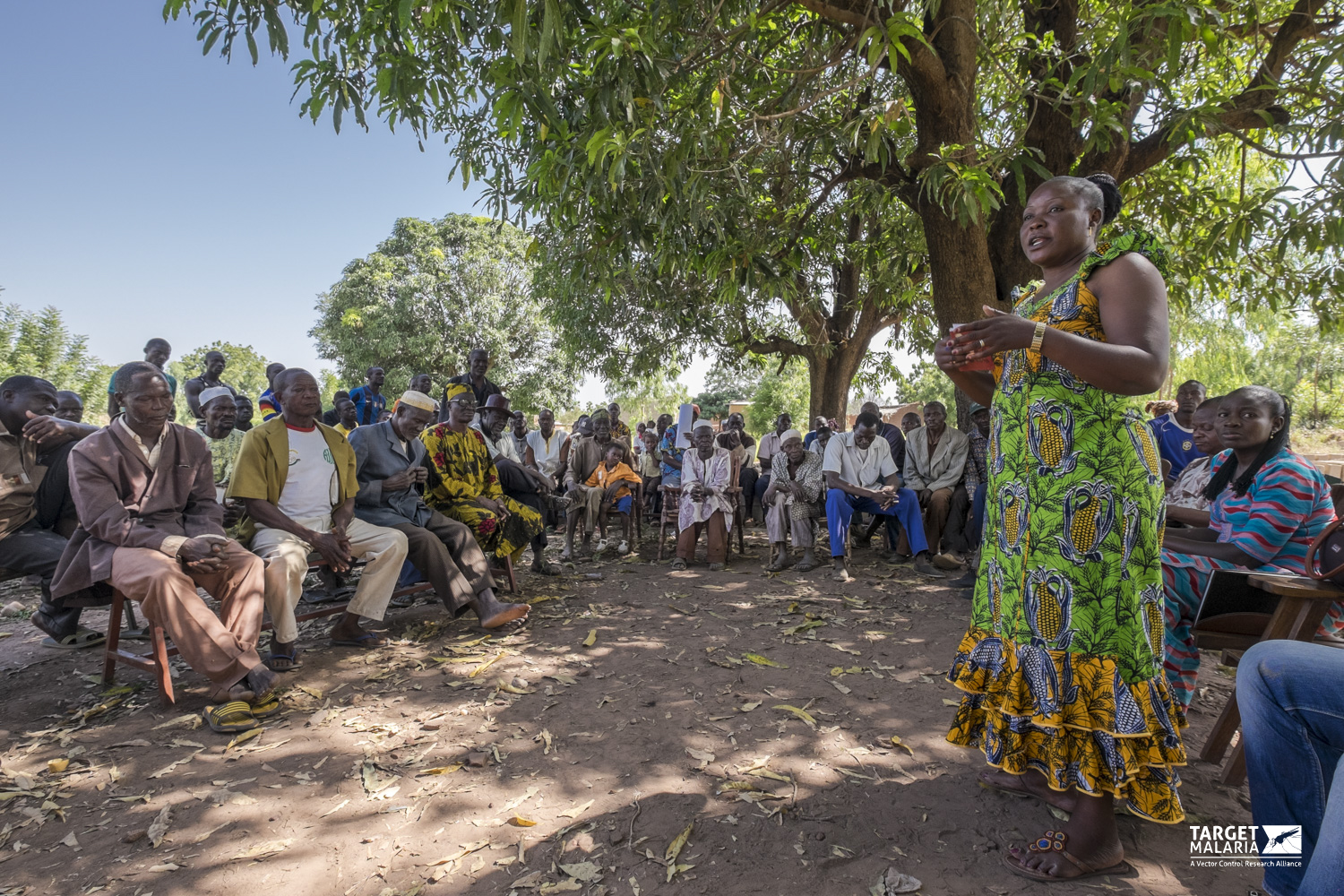By Naima Sykes, Target Malaria
On November 10th, we celebrate World Science Day for Peace and Development, an international occasion to highlight the importance of science in society and the need to engage stakeholders in debates on emerging scientific issues. By linking science more closely with society, this day aims to raise awareness of possible solutions provided by research and innovation to some of the major global challenges we are facing today.
At Target Malaria – an international not-for-profit research consortium where I work as Global Stakeholder Engagement Manager – we are investigating the use of gene drive approaches to help tackle the global challenge of malaria. Engagement is a fundamental part of our work and one of our three pillars, along with science and regulatory affairs.
We engage with stakeholders at all levels, from the local villages where we carry out activities such as entomological collections to regional and international organisations with interest in our work and its potential outcome for malaria control. Communicating with different stakeholders enables us to keep them informed of our activities, listen to their views, and gather input and feedback on our work.

In order to successfully engage stakeholders in debates on innovative solutions to public health challenges, such as gene drive approaches to malaria control, we must also make sure that the research these are grounded in is accessible and well understood. To account for the complexity and constantly evolving nature of gene drive research, at Target Malaria we have developed an iterative approach to engagement and a series of tools adapted to the local cultures and different levels of understanding. Last year for example, our teams in Mali, Burkina Faso and Uganda worked closely with local communities and national experts to develop glossaries in local languages of essential terminology used to explain our research, such as “gene drive”, “gene editing” or “entomology”.
Through engagement activities, local communities that are impacted by our research and other stakeholders can help to shape our work. This ensures that research activities we carry out as well as our gene drive technologies will better respond to expectations and will meet the needs of the communities most affected by malaria.
As we celebrate World Science Day for Peace and Development this year, let us raise awareness of the importance of innovative scientific research to tackle global challenges – such as malaria – and the fundamental role of engagement to ensure the outcomes of this research are both useful and successful.
Recent posts
